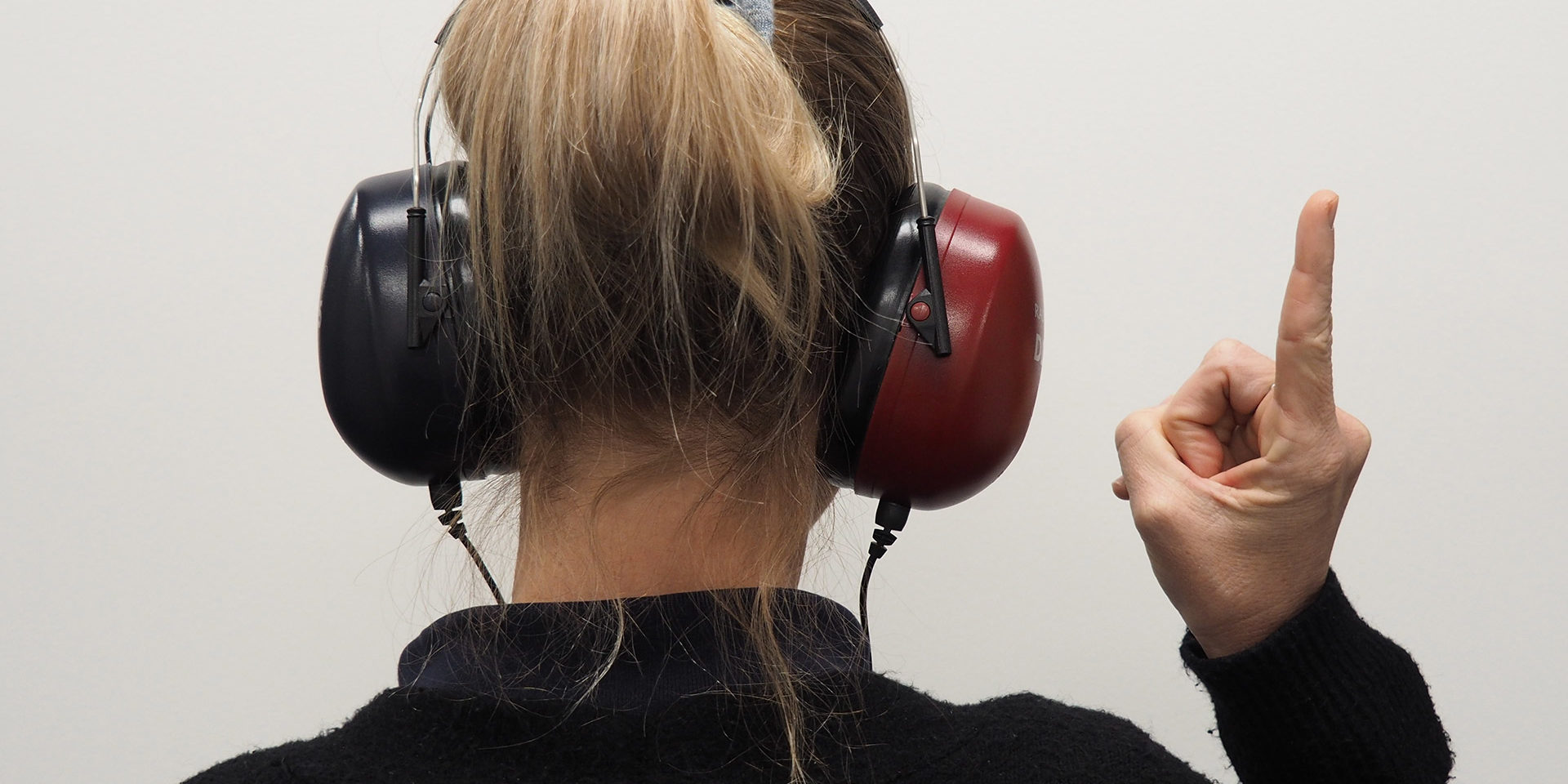Have you noticed the need to increase the volume of your radio or TV? Is it becoming more difficult to hear your daughter or grandchildren? Perhaps, you’ve started to notice a ringing in your ears even when it’s quiet.
If you’re experiencing any or all these scenarios, then you might need an audiologist.
An audiologist is a hearing healthcare professional that specializes in identifying, diagnosing, and treating issues with the auditory and vestibular areas of the ear. They most commonly deal with things like certifying conditions of hearing loss and prescribing and fitting hearing aids, there are other issues an audiologist can diagnose and treat.
- Hearing Loss Severity – Using an audiometer the audiologist is able to work out the exact extent of hearing damage a person suffers from. The audiologist can distinguish the reason for hearing loss and then provide a possible solution or treatment for the condition.
- Sound Amplification – Hearing aids are the primary way to treat hearing loss. Different types of hearing aids and the audiologist can discuss with you which type(s) of hearing aids would work best for your kind of hearing loss and budget.
- Auditory Processing Disorders – Auditory processing disorders affect the way the brain processes sounds. There is a prescribed normal range for human hearing and people with problems fall short of this range. The cerebral cortex may also have problems distinguishing between speech and non-speech sounds. An audiologist can measure what sounds and frequencies a person is able to register through several audiological tests.
- Tinnitus – Tinnitus is a noise or ringing sound in the ears. The primary symptom is a buzzing or whistling sound that is low intensity and present all through the day. It can be an extremely disturbing and uncomfortable condition. There are multiple possible causes for tinnitus and an audiologist can help decrease the discomfort.
- Hyperacusis and Misophonia – Hyperacusis is a heightened sensitivity to everyday sounds. Misophonia is a selective sensitivity to small repetitive sounds. Symptoms resemble having the normal sounds amplified similar to a television with its volume turned up too high.
- Balance Disorders – Balance disorders stem from balance in the inner ear balance becoming disturbed. The condition involves some amount of dizziness as well as vertigo, with the dizziness potentially caused by ear infections or trauma. An audiologist can run tests that can reveal the source of the imbalance and determine the course of treatment.
Hearing disorders and balance aren’t the only issues audiologists treat. Audiologists also work in the field of Speech Language Pathology by diagnosing, assessing, treating and preventing speech-language related disabilities in children and adults.
Do you need to see an audiologist?
Geographic convenience makes the difference when keeping appointments. Ideally, your audiologist should be easy to reach, so picking an office that is conveniently located for you is key. Try to choose one who is in the proximity of your home or your workplace.
If you have special needs, wheelchair bound for instance, you need accessible locations with a ramp or an elevator. Make sure the website of the audiologist you’re looking to set an appointment specifies their accessibility.
Reviews can provide a deeper insight and can help you prepare for your appointment. Make sure you read reviews to get an idea of what kind of experience you can expect.
Before you set an appointment you want to be sure that your healthcare insurance covers your medical appointment. Most audiologists’ websites indicate which services are covered by which insurance, but you can also call and speak with a nurse or secretary.
If your child is experiencing hearing loss, you want to make an appointment with an audiologist who knows how to work with kids.
To find an audiologist in your area, click here.


